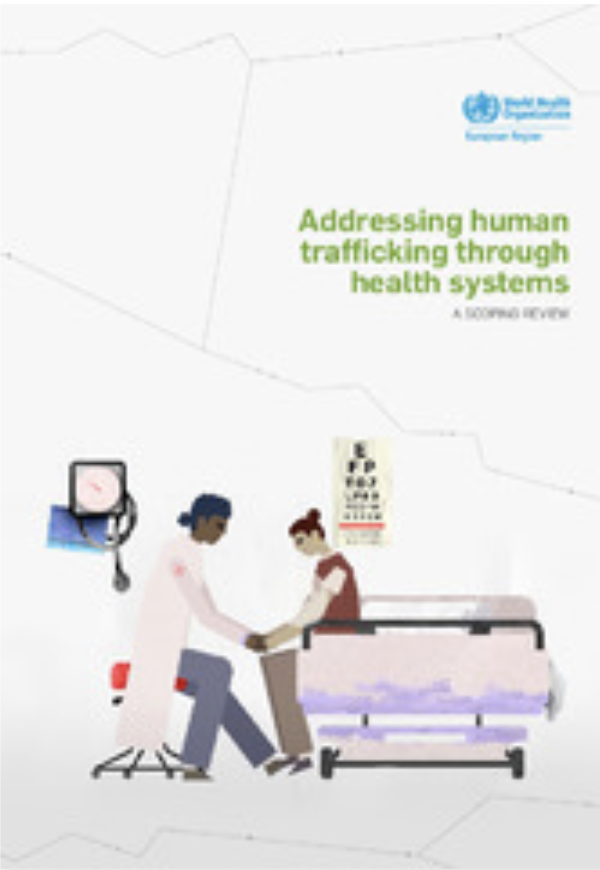Human trafficking is a lucrative crime and violation of human rights that exploits women, children and men. It includes trafficking for forced labour, sexual exploitation, forced begging and military conscription. The health effects of trafficking and the health needs of trafficked individuals and trafficking survivors are well documented and urgent. WHO European Region Member States recognize their responsibility to prevent and respond to human trafficking and to mitigate its health effects. As frontline health professionals may be the sole public servants to meet trafficked individuals while they are trafficked, the health system also has both a responsibility and an opportunity to promote and protect the health and other rights of trafficked people. No country or sector alone can address the ongoing challenges of trafficking, nor of emergent challenges such as the COVID-19 pandemic and the war in Ukraine.
This scoping review examines 237 articles, reports and grey literature containing research from Canada, the United States of America and the WHO European Region. It summarizes and synthesizes this evidence-informed research to help Member States in addressing the intersection of health care and trafficking and in attempts to prevent and respond to human trafficking. While considerable research covers the epidemiology of trafficking and the service delivery response, there is limited research on prevention efforts. The identified research shapes the considerations for policies to promote a comprehensive health systems approach to human trafficking.

